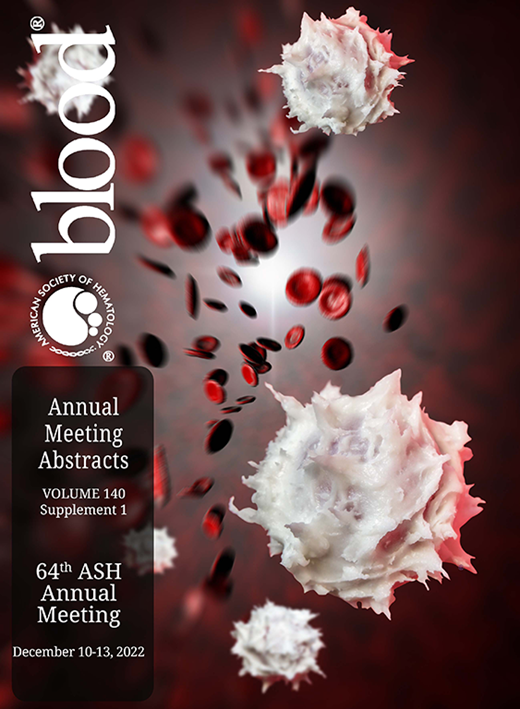Abstract
Background:Donor-specific anti-HLA antibodies (DSA) are a major cause of engraftment failure in patients receiving haploidentical stem cell transplantation (HaploSCT). Effective treatments are needed for these patients, who often have no other donor options and/or are in need to proceed urgently to transplantation. Plasma exchange (PE) is an effective treatment widely used for DSA desensitization. However, a large volume of plasma is required. Double filtration plasmapheresis (DFPP) is a semi-selective blood purification modality derived from the PE modality. DFPP avoids the unnecessary loss of plasma proteins, reduces the need for plasma and increases the efficiency of purification. To define the efficacy of DFPP for DSA-positive patients in HaploSCT, we conducted a nested case-control study.
Methods: Patients who underwent HaploSCT in the Bone Marrow Transplantation Center of the First Affiliated Hospital of Zhejiang University School of Medicine from March 2017 to November 2021 were enrolled in the study cohort. Thirty-two patients with positive DSA (MFI≥2000) were treated with desensitization protocol including DFPP. Ninety-six patients (1:3) with negative DSA were randomly matched according to gender, age and transplantation time as the control group. DSA positive patients were given alternate-day DFPP twice before starting one week before the beginning of transplant conditioning. DSA was retested after DFPP treatment. A single dose of rituximab (375 mg/m2) was administrated after completion of DFPP.
Results: A total of 32 HaploSCT patients with DSAs were included in the study. The majority of patients in the DSA group were female (75%) and a mean age of 41 (13-63) years . 96 DSA negative patients were selected as controls. The two groups had equivalent subject and donor characteristics, including age, gender, underlying diseases, conditioning regimens and GVHD prophylaxis.20 (62.5%) patients presented anti-HLA class I DSAs (4 of them with > 10000 MFI), 9 (28.1%) presented anti-HLA class II DSA (2 with > 10000 MFI) and 3 (9.3%) presented both anti-HLA class I and II DSA (1 with > 10000 MFI). After DFPP treatment, levels of DSA decreased significantly. The mean MFI values before and after treatment were 7189.56 ±4294.01 vs. 2869.57±3454.55 (P < 0.001), respectively. All patients in DSA group achieved hematopoietic reconstitution within 28 day of transplantation. The mean neutrophils and platelets engraftment time was 13.44±2.42 days and 14.03±3.78 days respectively, which were comparable to control group. In the DSA and control groups, the incidence of grade III-IV aGVHD was 9.37% vs. 10.41% (P < 0.05), the 2-year cumulative recurrence rate was 26.35% vs. 15.62% (P < 0.05) and the overall survival (OS) was 77.20% vs. 81.20% (P < 0.05), respectively.
Conclusion: DFPP can significantly reduce the level of DSA in patients before transplantation. Treatment with DFPP and rituximab is effective in promoting engraftment for DSA-positive patients in HaploSCT.
Disclosures
No relevant conflicts of interest to declare.
Author notes
Asterisk with author names denotes non-ASH members.

